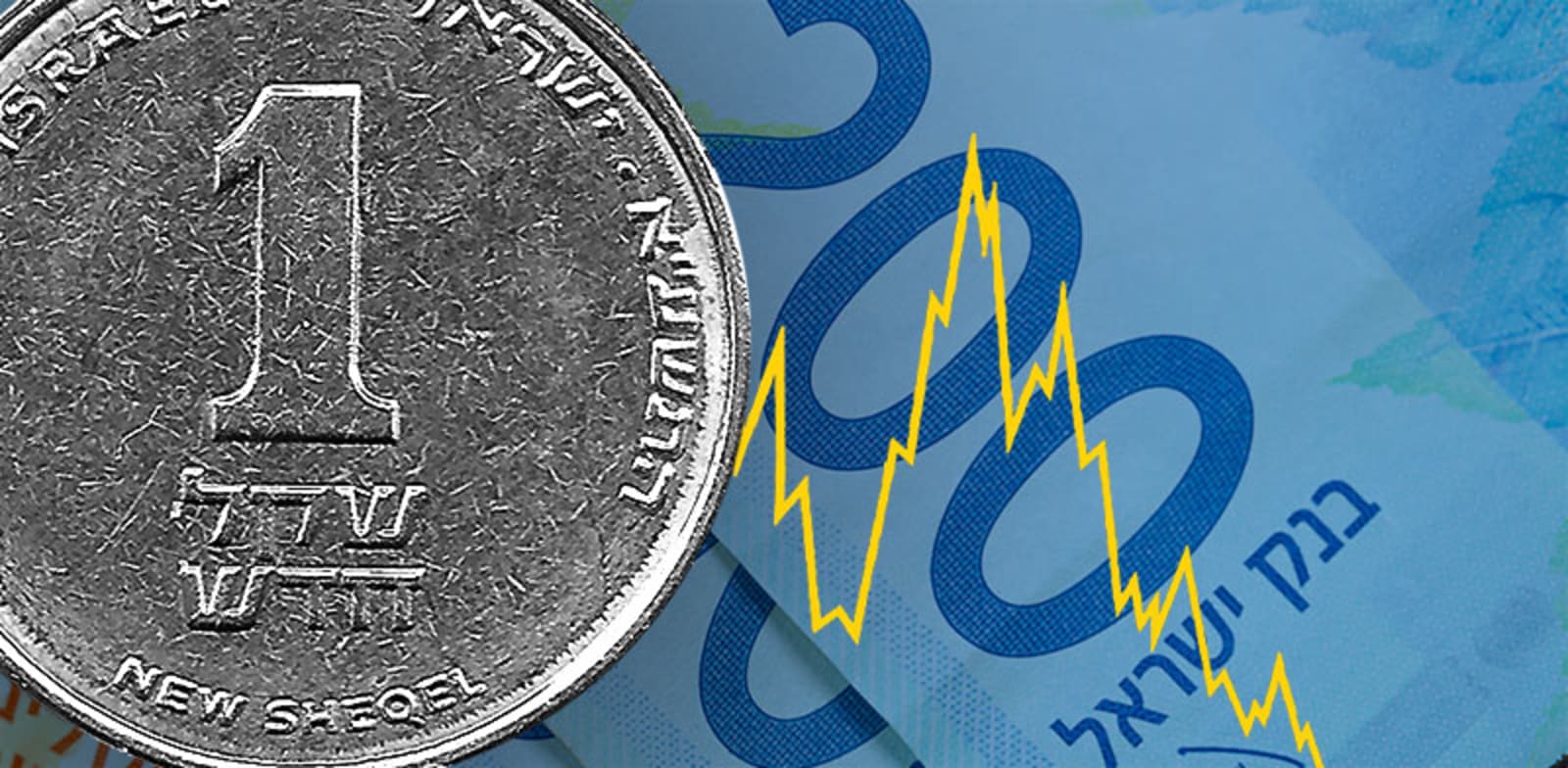ARTICLE AD BOX
"If adhered to and further progress is made, the ceasefire agreement reduces a protracted conflict's near-term downside risks to Israel’s economy and public finances."
International credit rating agency Moody’s says that the ceasefire agreement that has come into force between Israel and Hamas reduces the immediate risks to the Israeli economy, but the agency stresses that further significant progress will need to be made to ensure long-term stability. The update comes four months after the agency downgraded Israel’s sovereign rating by two notches to Baa1, with a negative outlook.
In the review released by the agency today, Moody’s states: "If adhered to and further progress is made, the ceasefire agreement reduces a protracted conflict's near-term downside risks to Israel’s economy and public finances." Moody’s adds that "it also reduces the tail risks for the Middle East region from an escalation that involves Iran, and the conflict's spillover effect on global supply chains from Red Sea shipping disruptions."
The agency cautions however that "the terms of the ceasefire agreement are limited in scope and duration currently. Only phase 1 has been agreed upon, and further negotiations will be required to secure a permanent cessation of hostilities and durably lower regional geopolitical tensions."
Despite the necessary caution, Moody’s update represents a first signal of the possibility of an improvement in Israel’s credit rating in the future, subject to substantial progress in the process of stabilizing the security situation. This is in contrast to previous assessments by the agency, which saw no improvement in the rating on the horizon.
Moody’s presents figures that indicate the significant hit that the Israeli economy has sustained as a consequence of the war. According to the figures, GDP in real terms shrank by an average of 2.4% year on year from the fourth quarter of 2023 to the third quarter of 2024, which compares with average annual GDP growth of 4.7% in the period before the war.
The agency also comments on the fiscal challenges Israel faces. "Despite measures implemented by the government to mitigate a deterioration of the fiscal balance, Israel’s central government fiscal deficit also widened by about 5-6 percentage points of GDP since the conflict began relative to levels from 2022 through third-quarter 2023," it states, adding, "A durable and material de-escalation of tensions would reduce the risk of further weakening of fiscal and economic metrics, although a reversal of the deterioration seen so far is unlikely in the near future."
RELATED ARTICLES
Moody’s also stresses that the ceasefire agreement could have positive consequences far from Israel’s borders: "For the broader Middle East region, a durable ceasefire would reduce tail risks stemming from escalation that resulted in a full-scale conflict between Israel and Iran."
Challenges in the way of permanent agreement
For all the positive tone, Moody’s warns of the difficulties that lie in the way of progress towards a permanent agreement. "Given the challenges to extend the shorter November 2023 truce, similar difficulties are likely to face the implementation of a lengthier ceasefire and negotiation of phases 2 and 3, which involve the status of the remaining Israeli hostages and Israeli troops in Gaza, as well as the reconstruction and future administration of the strip." It notes that "Domestic political challenges and security concerns are some hurdles for Israel that may impede further progress."
In its announcement of its rating downgrade in September last year, Moody’s said that it did not expect Israel’s economy to recover as rapidly and strongly as it had from past conflicts. The current update gives some pointers to the possibility of an improvement, even if gradual and moderate, and states that "effective implementation of the ceasefire agreement and additional progress towards a durable de-escalation of hostilities in Gaza would reduce downside risks to the sovereign's credit strength."
Published by Globes, Israel business news - en.globes.co.il - on January 21, 2025.
© Copyright of Globes Publisher Itonut (1983) Ltd., 2025.

 6 days ago
22
6 days ago
22








 English (US) ·
English (US) ·